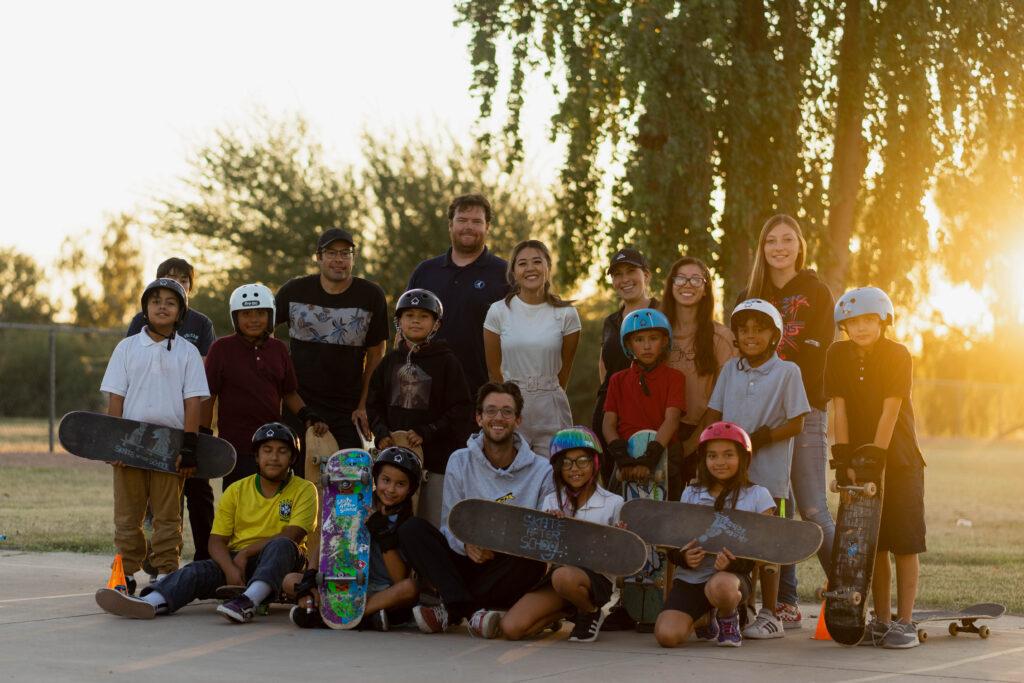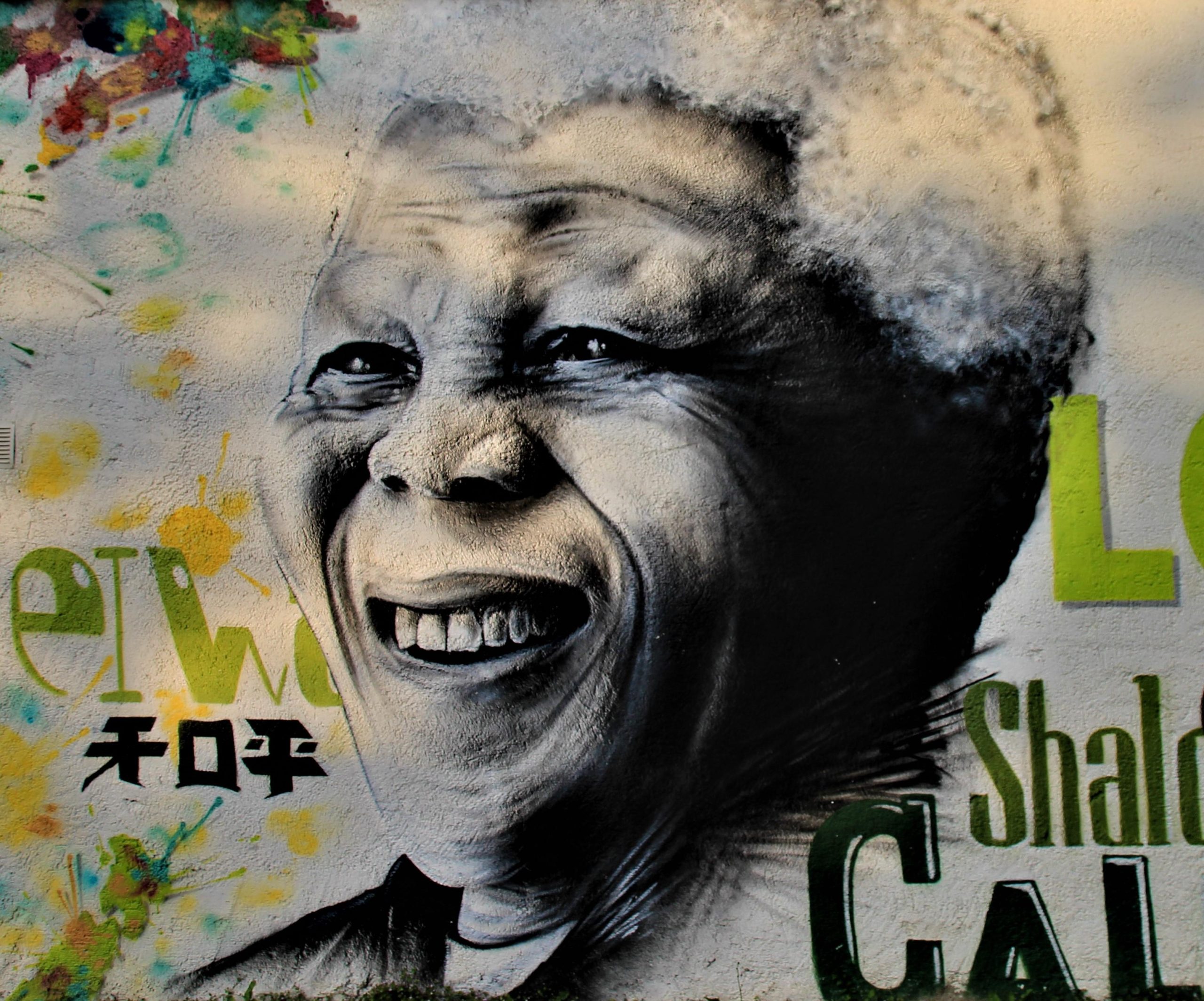In recent years, skateboarding has transcended its origins as a rebellious pastime to emerge as a powerful vehicle for youth activism. This evolution is not merely a cultural phenomenon but a testament to the sport’s unique capacity to galvanize young people around social and political causes. The influence of skateboarding on youth activism is both profound and multifaceted, encompassing the promotion of community engagement, the fostering of inclusive spaces, and the empowerment of marginalized voices. By leveraging its global appeal and grassroots nature, skateboarding has become a dynamic platform for young activists to challenge societal norms and advocate for meaningful change. This article explores the myriad ways in which skateboarding has shaped the landscape of youth activism, examining its role in fostering a new generation of socially conscious and politically active individuals. Through a comprehensive analysis, we aim to illuminate the intricate connections between this vibrant subculture and the broader movement for social justice, demonstrating how the spirit of skateboarding continues to inspire and mobilize young people worldwide.
Skateboarding as a Catalyst for Social Change
Skateboarding has evolved beyond its roots as a recreational activity, emerging as a powerful platform for youth activism. This sport, often associated with rebellion and counterculture, provides a unique space for young individuals to express their identities and challenge societal norms. Skateparks, which serve as communal gathering spots, have become breeding grounds for discussions on social issues such as equality, inclusion, and environmental awareness. By fostering a sense of community, skateboarding encourages young activists to collaborate and mobilize for change, leveraging their shared passion to amplify their voices.
Many youth-led initiatives have utilized skateboarding to address broader societal challenges. These initiatives often focus on:
- Empowerment: Programs that encourage young people to take charge of their futures through leadership and skill-building activities.
- Inclusivity: Creating safe spaces for marginalized groups, including women and LGBTQ+ individuals, to participate and thrive in the skateboarding community.
- Sustainability: Promoting eco-friendly practices and raising awareness about environmental issues through skateboarding events and campaigns.
Through these efforts, skateboarding is not just a sport but a vehicle for meaningful societal transformation, inspiring the next generation to become agents of change.

Empowering Youth Through Skateboarding Communities
Skateboarding has emerged as a powerful catalyst for youth activism, fostering a sense of community and resilience among young people. By providing a platform for self-expression and creativity, skateboarding communities encourage youth to challenge societal norms and advocate for change. These communities serve as safe havens, where young individuals can gather, share ideas, and collaborate on initiatives that address pressing social issues. The culture of skateboarding, with its emphasis on individuality and non-conformity, inspires youth to think critically about the world around them and motivates them to take action.
- Inclusivity and Diversity: Skateboarding communities often embrace individuals from diverse backgrounds, promoting inclusivity and acceptance.
- Leadership Development: Participating in skateboarding events and projects hones leadership skills, encouraging youth to take on active roles within their communities.
- Environmental Awareness: Many skateboarders advocate for sustainable practices, using their platforms to highlight environmental concerns and promote eco-friendly solutions.
Through these collective efforts, skateboarding not only empowers youth but also creates a ripple effect of positive change within society.

Harnessing the Creative Spirit of Skateboarding for Activism
In the vibrant realm of youth activism, skateboarding emerges not just as a sport, but as a dynamic force of creative expression and community empowerment. The fluidity and freedom inherent in skateboarding resonate with the ethos of activism, which seeks to challenge norms and inspire change. Skateboarders, often perceived as rebels, harness their creative spirit to engage in social and environmental causes, using their skills to draw attention to issues ranging from urban development to climate change.
Many skateboarding communities have transformed public spaces into hubs of activism, utilizing skate parks as venues for organizing events and raising awareness. Some of the ways skateboarding influences activism include:
- Artistic Expression: Skateboarders often collaborate with artists to create murals and installations that highlight social issues.
- Community Engagement: Events such as skate jams and competitions are used to bring people together, fostering a sense of solidarity and shared purpose.
- Sustainable Practices: Initiatives focused on recycling skateboards and using eco-friendly materials in gear production reflect a commitment to environmental stewardship.
By leveraging their unique culture and networks, skateboarders inspire young people to envision activism not just as a duty, but as an extension of their identity and passion.

Strategic Recommendations for Integrating Skateboarding into Youth Programs
Integrating skateboarding into youth programs can serve as a dynamic platform for fostering youth activism. To effectively harness this potential, organizations should focus on several strategic approaches. Firstly, collaborate with local skateboarding communities to ensure that programs are culturally relevant and engaging. By involving seasoned skateboarders as mentors, programs can offer authentic insights into the sport, creating a bridge between passion and activism.
Furthermore, it is crucial to incorporate educational workshops that highlight the connections between skateboarding and social issues. These workshops can cover topics such as urban space utilization, environmental sustainability, and inclusivity. By aligning skateboarding activities with educational content, programs can inspire youth to become advocates for change. Lastly, ensure that these initiatives are accessible and inclusive, offering opportunities for underrepresented groups to participate and lead. This approach not only empowers young skateboarders but also enriches the community’s collective activism potential.










